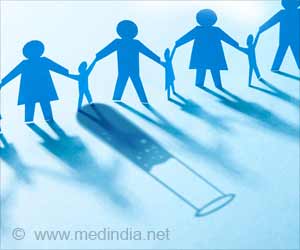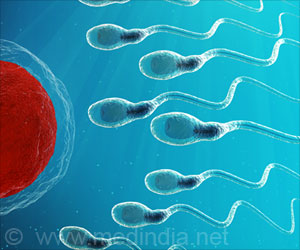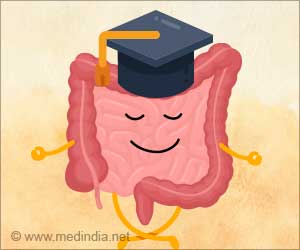New study shows that children conceived through IVF are not at a higher risk of heart problems compared to their peers
- Assisted reproductive technology (ART) is used to treat infertility, out of which in vitro fertilization (IVF) is one of the common known types
- Previous studies have postulated that children conceived through IVF may later develop cardiometabolic disorders like blood pressure
- The current study has shown that there is no difference in heart health of children conceived through IVF and their naturally conceived peers
Long-term cardiometabolic health in people born after assisted reproductive technology: a multi-cohort analysis
Go to source). Use of assisted reproductive technology (ART), which mainly involves in vitro fertilization (IVF) or intracytoplasmic sperm injection (ICSI), has risen rapidly in developed countries in recent decades, leading to >8 million births worldwide, and this is expected to continue to rise (2✔ ✔Trusted Source
In vitro fertilisation/intracytoplasmic sperm injection beyond 2020
Go to source).
Since the first birth of a child by in vitro fertilisation (IVF), questions have been raised about the health risks to children conceived this way. However, previous studies have been limited by small sample size, short follow-up, and unsatisfactory comparison groups.
The research was led by an international research group from the Assisted Reproductive Technology and Health (A.R.T-Health) Partnership, looked at data from 35,000 European, Singaporean, and Australian offspring. It was large enough to study whether conception by ART affected blood pressure, pulse rate, lipids, or glucose from childhood to young adulthood (up to early 20s).
Effect of IVF on the Baby’s Heart Health
Researchers found that blood pressure, heart rate, and glucose levels were similar in children conceived using ART compared to their naturally conceived counterparts.Although, those who were conceived by ART had slightly higher cholesterol levels in childhood, it did not persist to adulthood, and there is some indication of slightly higher blood pressure in adulthood.“This is the largest study of its kind, and could not be conducted without data from studies such as children of the 90s. Parents conceiving or hoping to conceive through assisted reproductive technology and their offspring should be reassured that cardiometabolic health appears to be comparable in ART-conceived and naturally conceived children. Studies with longer follow-up would now be beneficial to examine how results might change across adulthood,” said Dr Ahmed Elhakeem, Research Fellow in Epidemiology in Bristol Medical School: Population Health Sciences (PHS) at the University of Bristol, and lead study author.
“This important research is only possible through large scale international collaboration and longitudinal health studies, where participants contribute health data throughout their entire lives. We are particularly grateful to the European Research Council, British Heart Foundation, and UK National Institute for Health Research for making this possible and to all of the study participants and researchers,” added Deborah Lawlor, Professor of Epidemiology, MRC Investigator and British Heart Foundation Chair and senior author from Bristol Medical School: PHS.
What is IVF?
In vitro fertilization (IVF) is a complex series of procedures used to help with fertility or prevent genetic problems and assist with the conception of a child.During IVF, mature eggs are collected (retrieved) from ovaries and fertilized by sperm in a lab. Then the fertilized egg (embryo) or eggs (embryos) are transferred to a uterus. One full cycle of IVF takes about three weeks. Sometimes these steps are split into different parts and the process can take longer.
Science and research move rapidly in the fertility sector, but it is widely acknowledged that more large scale studies like this are needed to continually drive improvements in care. Health outcomes in children conceived using assisted reproductive technologies are of high priority.
References:
- Long-term cardiometabolic health in people born after assisted reproductive technology: a multi-cohort analysis - (https://academic.oup.com/eurheartj/advance-article/doi/10.1093/eurheartj/ehac726/7026325)
- In vitro fertilisation/intracytoplasmic sperm injection beyond 2020 - (https://pubmed.ncbi.nlm.nih.gov/30548407/)
Source-Medindia
















